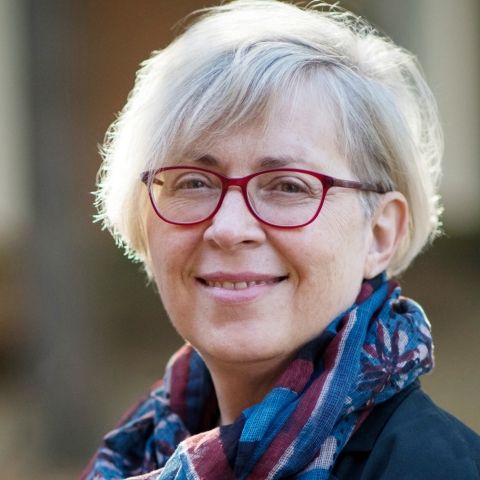

From the nineteenth century until the final decades of the twentieth, the notion that Adam Smith’s two leading works—The Theory of Moral Sentiments and The Wealth of Nations—stood in opposition to one another was widespread.1 The Theory of Moral Sentiments2 depicts a civil society in which human conduct is grounded in sympathy, while the market economy portrayed in The Wealth of Nations3 is seemingly based on the pursuit of individual self-interest. Yet upon careful inspection, the two works form a coherent whole, with The Theory of Moral Sentiments “focusing on mankind’s inner life and the cultivation of the virtues that undergird the dynamic commercial society celebrated in The Wealth of Nations.”4 In short, both altruism and self-interest are crucial for constituting society.
That human motivations can be complicated and that the concerns of individuals for both self and others shape communities—local, national, and global—are simple observations. It is much harder to grasp the complexities of a rapidly changing world in which human beings with their varying commitments continually interact. Our desire to better understand how and in what ways the forces of self-interest and altruism intersect—and at times collide—in the early twenty-first century inspired us to organize a symposium on “Altruism, Community, and Markets.” The proceedings of that conclave are published in this issue. Held in Washington, D.C. in October 2017 and sponsored by the American Enterprise Institute, Duke Law School, and the University of Virginia School of Law, the symposium brought together scholars in law, public policy, economics, medicine, and related fields to examine the institutions5 that promote and restrict market and nonmarket interactions. The group also explored how the powers of altruism and self-interest are (and have the potential to be) harnessed to create and distribute goods and services.
The articles produced for the symposium cover a wide range of subjects and are of exceptional depth and intellectual ambition. All address topics of current importance while situating their analyses in the broader context of the symposium’s theme. Taken together, the articles contained in this issue provide a snapshot of a world grappling with the challenges of “institutionalizing”6 human cooperation in the face of evolving social attitudes and technological advances.